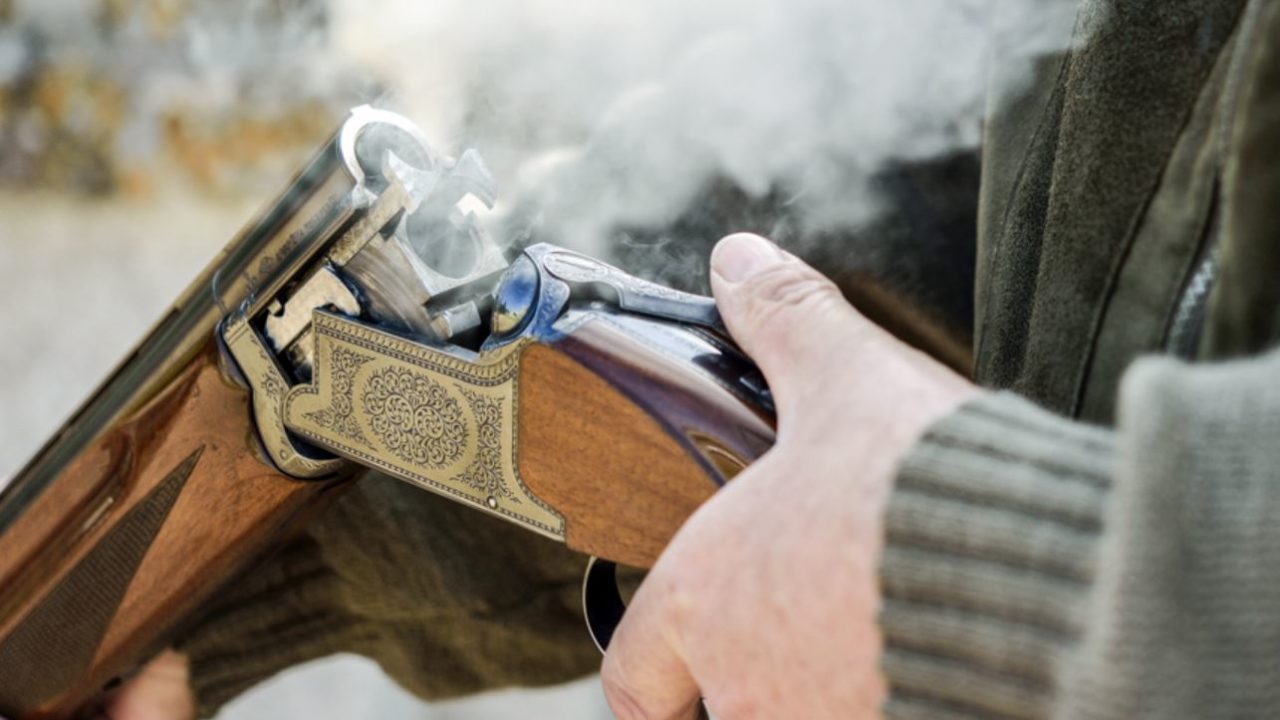The group representing organised hunting in Ireland has claimed that “ideology trumped science” in the latest open seasons order.
The National Association of Regional Game Councils (NARGC) said that the recent review of the open seasons order was a “golden opportunity” to put waterfowl management system in place that would have been “beneficial for both hunter and quarry”, claiming that Minister of State for heritage and electoral reform Malcolm Noonan “squandered this chance”.
Minister Noonan confirmed on Friday (September 1) that four species of wild birds have been removed from the open seasons order, meaning they cannot be hunted.
Last year, the minister established a review of the open seasons order to consider the 21 species of wild bird that can be hunted in Ireland.
This includes 15 species that are listed as ‘Red’ or ‘Amber’ in Birdwatch Ireland’s Birds of Conservation Concern Ireland report, and 14 that are the subject of national-level concern, as outlined in a report by the National Parks and Wildlife Service (NPWS) to the European Commission.
“Following an internal analysis, a public survey, and stakeholder consultation, the decision has been taken to amend the open seasons order to remove four species of wild bird – the scaup, goldeneye, pochard and pintail,” Minister Noonan said.
Responding to the decision to remove four birds from the order, the NARGC expressed concern over a number of issues, including the fact that, in the review of the open seasons order, only reductions in the number of birds were considered, rather than the possibility of adding to the list of birds that can be hunted.
“This indicated that the aim was to reduce hunting rather than consider increasing hunting opportunities where possible. In Ireland we have a growing population of feral graylag geese, and no consideration was given to an extension of the season for this goose.”
The NARGC also claimed that the review did not take into account data related to bird migration patterns and naturally occurring decreases for migratory birds during winter.
The NARGC said that it offered this data to the NPWS but did not receive a response on this matter.
The hunters group also claimed that it is not known who evaluated the results of the review.
In announcing the changes to the open seasons order, Minister Noonan said that this is the second time that species have been removed in 30 years, the first being the curlew in 2012.
However, the NARGC said that the last three species to be removed from the order were the Greenland white-fronted goose, the grey partridge, and the curlew. The group said that “all have ultimately declined since then”.
“Surely this shows that hunting was not a factor in their decline but simply a convenient scapegoat to cover for poor governmental policy decisions,” the NARGC said.
The group also said that it already had its own voluntary ban on hunting curlew in place before 2012.
“The decision to remove the four species is based on ideology rather than a complete picture of the status of these species,” it said.
The NARGC claimed that Minister Noonan “has shown no evidence of collaborative discussion and decision-making in taking the decision to amend the open seasons order”.
“When you ignore hunters and make idealistic decisions that affect them without a science-based approach, you are literally ignoring all the norms of wildlife management and the real stakeholders who know exactly what’s going on,” the group added.
